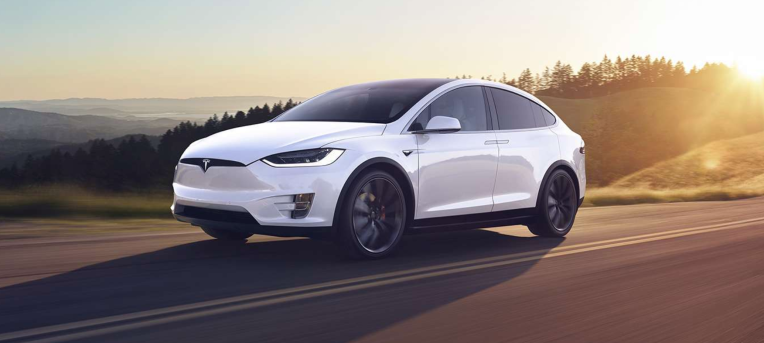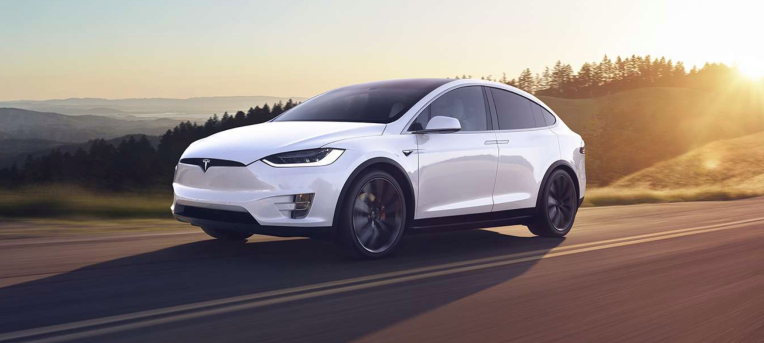
Tesla has provided another update to last week’s fatal crash. As it turns out, Tesla said the driver had Autopilot on with the adaptive cruise control follow-distance set to minimum. However, it seems the driver ignored the vehicle’s warnings to take back control.
“The driver had received several visual and one audible hands-on warning earlier in the drive and the driver’s hands were not detected on the wheel for six seconds prior to the collision,” Tesla wrote in a blog post. “The driver had about five seconds and 150 meters of unobstructed view of the concrete divider with the crushed crash attenuator, but the vehicle logs show that no action was taken.”
The promise of Tesla’s Autopilot system is to reduce car accidents. In the company’s blog post, Tesla notes Autopilot reduces crash rates by 40 percent, according to an independent review by the U.S. government. Of course, that does not mean the technology is perfect in preventing all accidents.
As Tesla previously noted, the crash was so severe because the middle divider on the highway had been damaged in an earlier accident. Tesla also cautioned that Autopilot does not prevent all accidents, but it does make them less likely to occur.
No one knows about the accidents that didn’t happen, only the ones that did. The consequences of the public not using Autopilot, because of an inaccurate belief that it is less safe, would be extremely severe. There are about 1.25 million automotive deaths worldwide. If the current safety level of a Tesla vehicle were to be applied, it would mean about 900,000 lives saved per year. We expect the safety level of autonomous cars to be 10 times safer than non-autonomous cars.
In the past, when we have brought up statistical safety points, we have been criticized for doing so, implying that we lack empathy for the tragedy that just occurred. Nothing could be further from the truth. We care deeply for and feel indebted to those who chose to put their trust in us. However, we must also care about people now and in the future whose lives may be saved if they know that Autopilot improves safety. None of this changes how devastating an event like this is or how much we feel for our customer’s family and friends. We are incredibly sorry for their loss.
This development, of course, comes in light of a fatal accident involving one of Uber’s self-driving cars in Tempe, Arizona.


